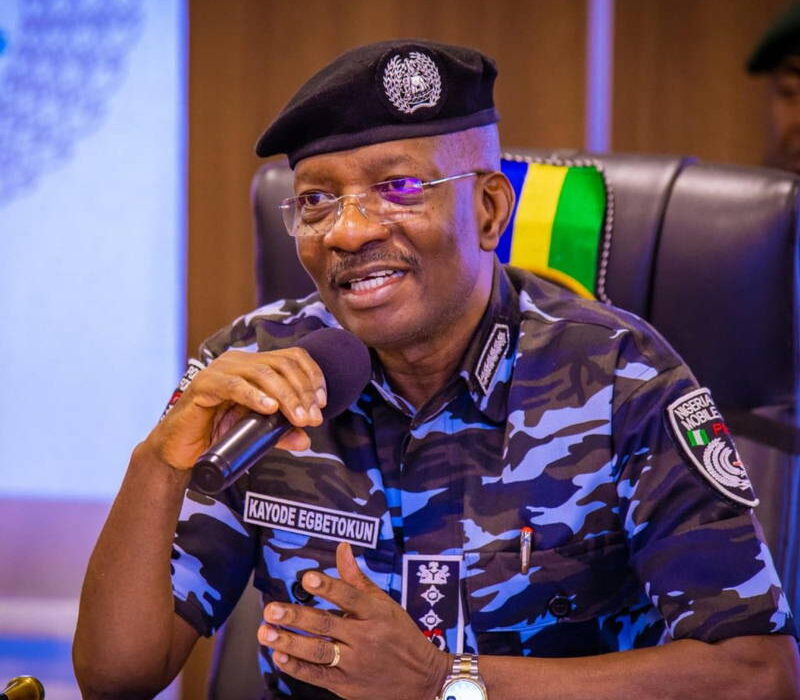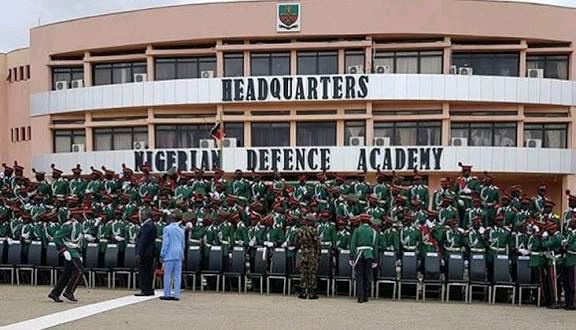Nigeria’s First Line of Defence Is Its People, Not Its Army — IGP Egbetokun

The Inspector-General of Police, Kayode Adeolu Egbetokun, has emphasized that Nigeria’s true strength in national security lies in its people rather than in its armed forces.
He made this known on Thursday while delivering a keynote address titled “Securing Nigeria Through the Town–Gown Partnership” at the Strategic Conference on Security and Development organised by the Lagos State University of Education (LASUED), Oto–Ijanikin.
In his address, Egbetokun called for stronger collaboration between security agencies, academic institutions, and local communities, stressing that sustainable security can only be achieved through education, discipline, morality, and civic responsibility.
“The nation’s first line of defence is not its army; it is its people educated, disciplined, and united by the rule of law,”
the IGP stated, underscoring the need to cultivate citizens who are conscious of their civic duties and committed to peacebuilding.
The police chief commended LASUED for what he described as an “awakening initiative,” noting that universities must go beyond producing graduates to becoming “refineries of national conscience.”
According to him, academia should play an active role in shaping the values, policies, and research that strengthen internal security.
Egbetokun outlined a national security model anchored on the Town–Gown Partnership, which seeks to bridge the gap between communities and institutions of higher learning.
In his explanation, the “town” represents ordinary Nigerians traditional rulers, entrepreneurs, youth, clerics, and civil society while the “gown” stands for the universities and research institutions.
“When these two realms merge,” he said, “a nation moves from reaction to prediction, from survival to innovation.”
The IGP further urged universities across the country to deepen partnerships with security agencies through research, technology, and intelligence-sharing, stressing that such synergy would not only enhance community policing but also foster national unity and social resilience.
He reaffirmed the Nigeria Police Force’s readiness to work with educational institutions in developing policy-driven frameworks that address security challenges at their roots, adding that “the future of national security depends not on weapons alone, but on knowledge, character, and cooperation.”









